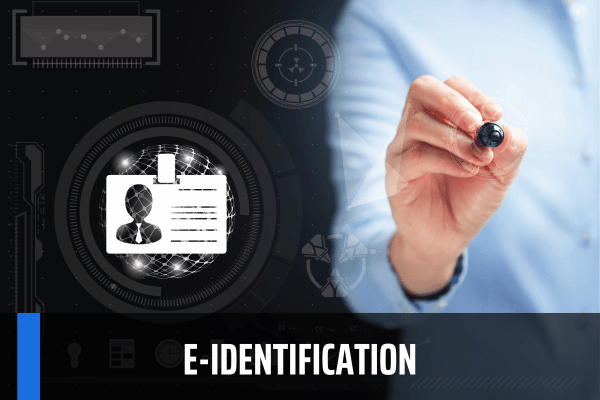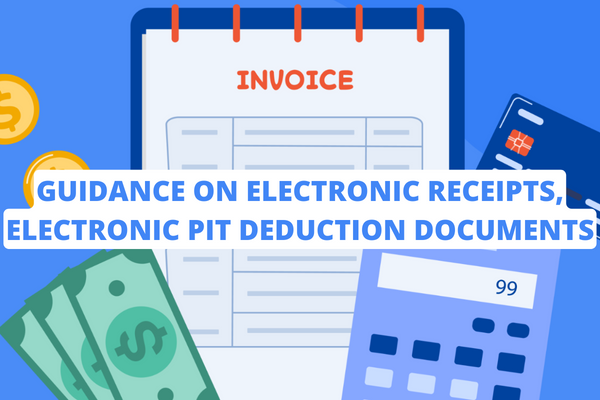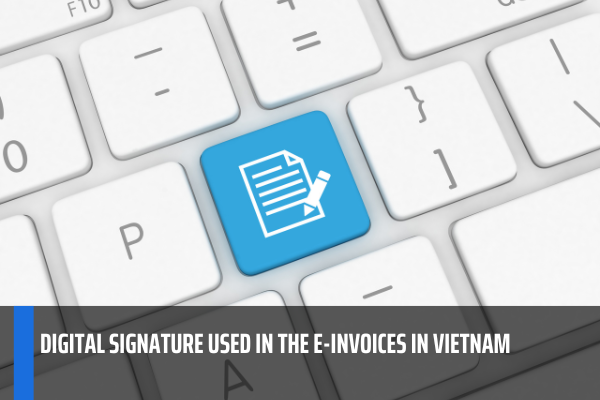What is an e-identification? Who are eligible to be granted access to eID accounts in Vietnam?
What is an e-identification? What is the e-identification and authentication principles in Vietnam?
Pursuant to Decree 59/2022/ND-CP stipulating e-identification and authentication.
Accordingly, in Clause 3, Article 3 of Decree 59/2022/ND-CP, the concept of "e-identifier" is defined as follows:
“e-identification” refers to an act of registering, verifying, creating and binding an eID to an eID holder (hereinafter referred to as e-identification).
Accordingly, e-identification is the activity of registering, checking, creating and attaching identities to citizens in the electronic environment.
Principles of e-identification and authentication are specified in Article 4 of Decree 59/2022/ND-CP as follows:
Electronic identification and authentication principles
1. Abide by the Constitution and law; reserve legitimate rights and interests of agencies, entities and persons.
2. Ensure accuracy and uniqueness in carrying out the electronic identification and authentication process; openness and transparency in management and convenience for agencies, entities and persons.
3. Secure devices and protect data security and privacy when carrying out electronic identification and authentication.
4. Agencies, entities and persons granted access to eIDs are obliged to secure eID accounts and comply with regulatory provisions on protection of personal data.
5. Once being detected, any offence against law on electronic identification and authentication shall be promptly sanctioned under law.
6. Ensure conformity with international treaties of which Vietnam is a member state.
Thus, at present, e-identification and electronic authentication are carried out according to the above 06 principles. Ensure compliance with the Constitution and laws of Vietnam.

What is an e-identification? Who are eligible to be granted access to eID accounts in Vietnam?
Who are eligible to be granted access to eID accounts in Vietnam?
Article 11 of Decree 59/2022/ND-CP has the following provisions:
Individuals and non-person entities eligible to be granted access to eID accounts
1. Vietnamese citizens who are 14 years of age or older; Vietnamese citizens who are under 14 years of age or wards may share the same eID accounts with their parents or guardians.
2. Foreigners aged 14 years or older who enter in Vietnam; foreigners who are under 14 years of age or wards may share the same eID accounts with their parents or guardians.
3. Agencies or non-person entities that are founded or successfully register their operation in Vietnam.
Thus, according to the above provisions, the subjects granted eID accounts include:
- Vietnamese citizens who are 14 years of age or older; Vietnamese citizens who are under 14 years of age or wards may share the same eID accounts with their parents or guardians.
- Foreigners aged 14 years or older who enter in Vietnam; foreigners who are under 14 years of age or wards may share the same eID accounts with their parents or guardians.
- Agencies or non-person entities that are founded or successfully register their operation in Vietnam.
What are the processes and procedures for registration of eID accounts for Vietnamese citizens?
Pursuant to Article 14 of Decree 59/2022/ND-CP as follows;
Processes and procedures for registration of eID accounts for Vietnamese citizens
1. Below are the steps in registration of a level-1 eID account via the VNeID app that are applied to any Vietnamese citizen who is holding a chip-based ID card:
a) The applicant uses a mobile device to download and install the VNeID app.
b) The applicant opens the VNelD app to enter his/her personal ID and phone number or email address; provides information according to the instructions available on the VNeID app; takes a portrait photo using the mobile device and sends the registration request for an eID account to the electronic identification and authentication regulator via the VNeID app.
c) The electronic identification and authentication regulator sends a VNeID-app, SMS and email notification of whether the registration request is accepted or refused.
2. Below are the steps in registration of a level-2 eID account:
a) For any Vietnamese citizen who is holding a chip-based ID card:
The applicant contacts the Police of the commune, ward or town or the place where citizen ID cards are issued to register an eID account. The applicant presents his/her chip-based citizen ID card, provides information about his/her phone number or email address and requests any modified information to integrated into the eID account.
The in-charge officer receives information that the applicant provides and allows such information to be entered in the electronic identification and authentication system; takes the applicant’s portrait photo and fingerprint to have them checked against those available in the citizen ID database and confirms approval for registration for an eID account.
The electronic identification regulator sends a VNeID-app, SMS and email notification of whether the registration request is accepted or refused.
b) The Police authority proceeds to issue the level-2 eID account, and the citizen ID card if the applicant has not been issued with a chip-based citizen ID card yet.
Thus, the order and procedures for registering level-1 and level-2 eID accounts for Vietnamese citizens are carried out in accordance with the above regulations.
LawNet




